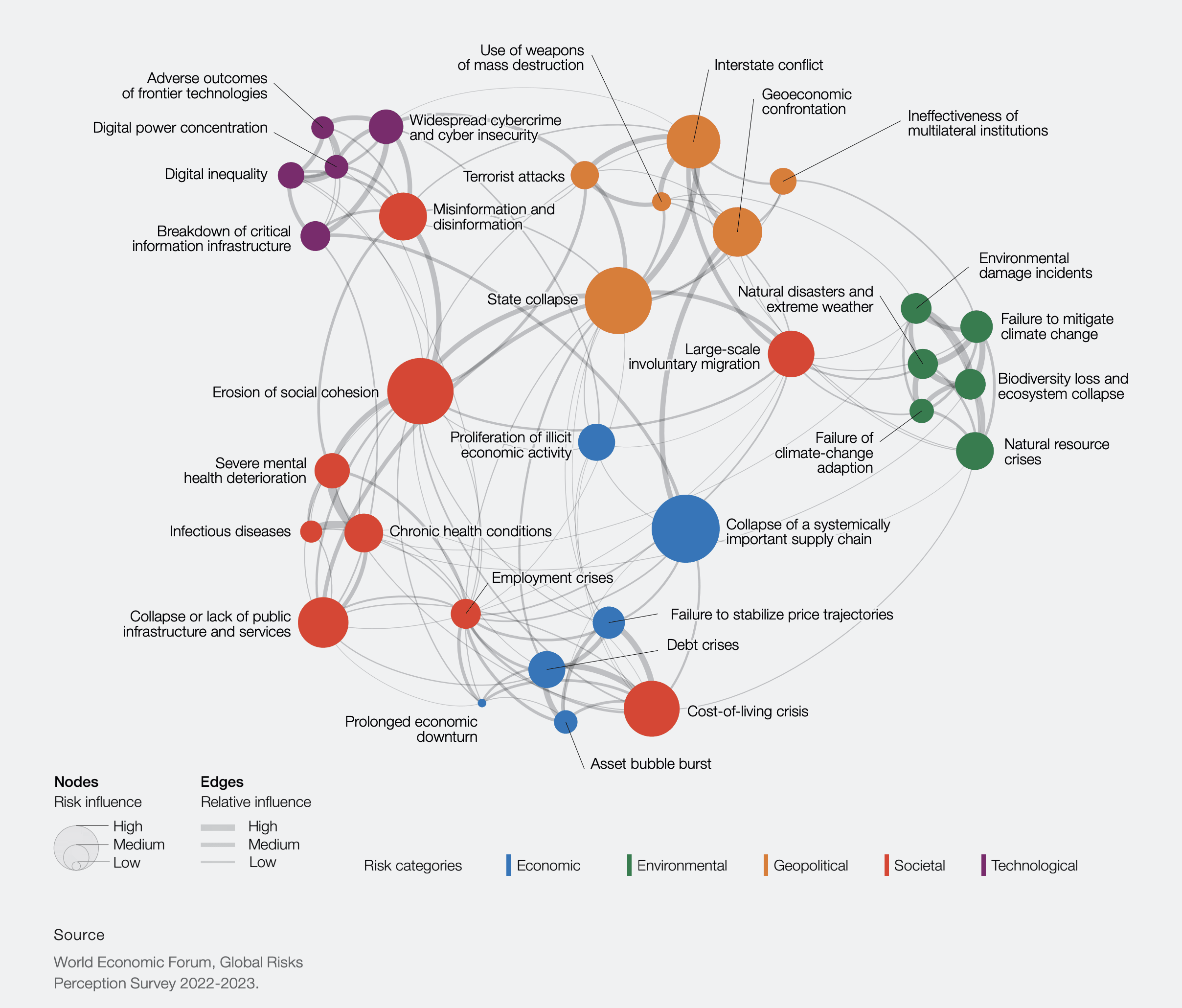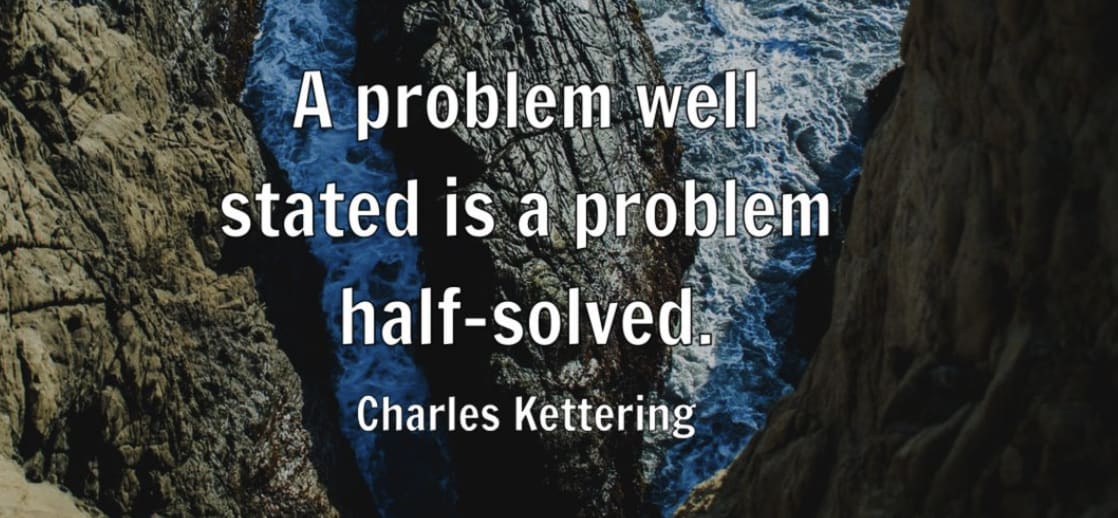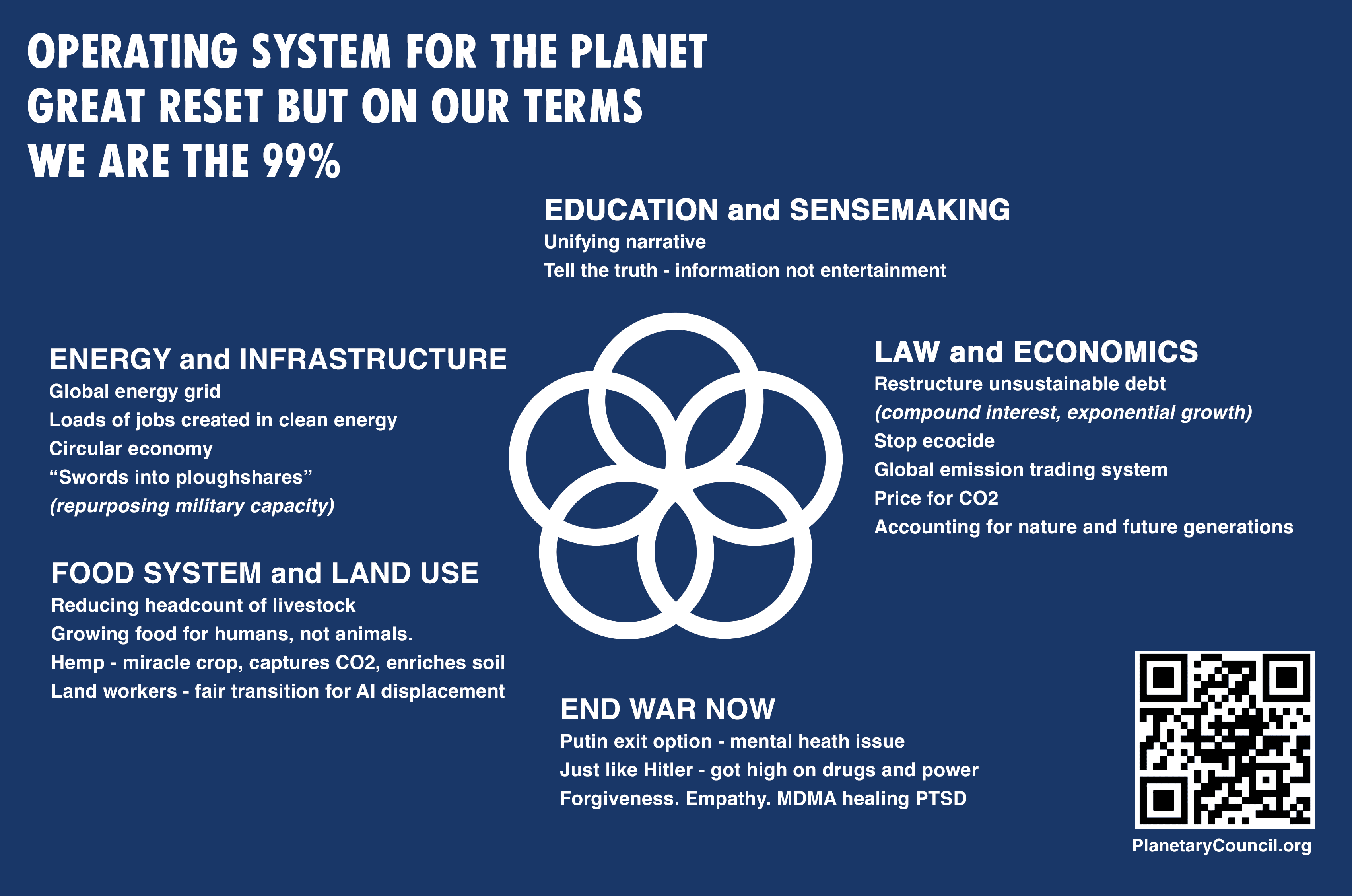I am currently engaging more with the content produced by Daniel Schmachtenberger and the Consilience Project and slightly wondering why the EA community is not really engaging with this kind of work focused on the metacrisis, which is a term that alludes to the overlapping and interconnected nature of the multiple global crises that our nascent planetary culture faces. The core proposition is that we cannot get to a resilient civilization if we do not understand and address the underlying drivers that lead to global crises emerging in the first place. This work is overtly focused on addressing existential risk and Daniel Schmachtenberger has become quite a popular figure in the youtube and podcast sphere (e.g., see him speak at Norrsken). Thus, I am sure people should have come across this work. Still, I find basically no or only marginally related discussion of this work in this forum (see results of some searches below), which surprises me.
What is your best explanation of why this is the case? Are the arguments so flawed that it is not worth engaging with this content? Do we expect "them" to come to "us" before we engage with the content openly? Does the content not resonate well enough with the "techno utopian approach" that some say is the EA mainstream way of thinking and, thus, other perspectives are simply neglected? Or am I simply the first to notice, be confused, and care enough about this to start investigate this?
Bonus Question: Do you think that we should engage more with the ongoing work around the metacrisis?
Related content in the EA forum
- Systemic Cascading Risks: Relevance in Longtermism & Value Lock-In
- Interrelatedness of x-risks and systemic fragilities
- Defining Meta Existential Risk
- An entire category of risks is undervalued by EA
- Corporate Global Catastrophic Risks (C-GCRs)
- Effective Altruism Risks Perpetuating a Harmful Worldview




Based on the article you linked, it seems like 'meta-crisis' thinking employs a bundle of concepts that LessWrong often calls 'Moloch' or 'simulacra levels' or 'inadequate equilibria' or simply tradeoffs. This line of analysis attempts to use these ideas to explain failures of collective action to implement complex institutional change, and generate solutions to overcome this inertia.
I'm sympathetic to the need to address issues of governance and collective action. However, what interests me are clear problem-solution pairs with good evidence, a straightforward mechanism, and adequate information feedback to see if it's working. "We should switch to approval voting" meets those criteria.
I'm less excited about interrogating "the very idea of ‘the economy’ or what exactly we mean by ‘money’" or the idea that "too much liberty may kill liberalism, too much voting can weaken democracies, and we don’t always understand how we understand, we tend to deny our denial, and we are struggling to imagine a new imaginary."